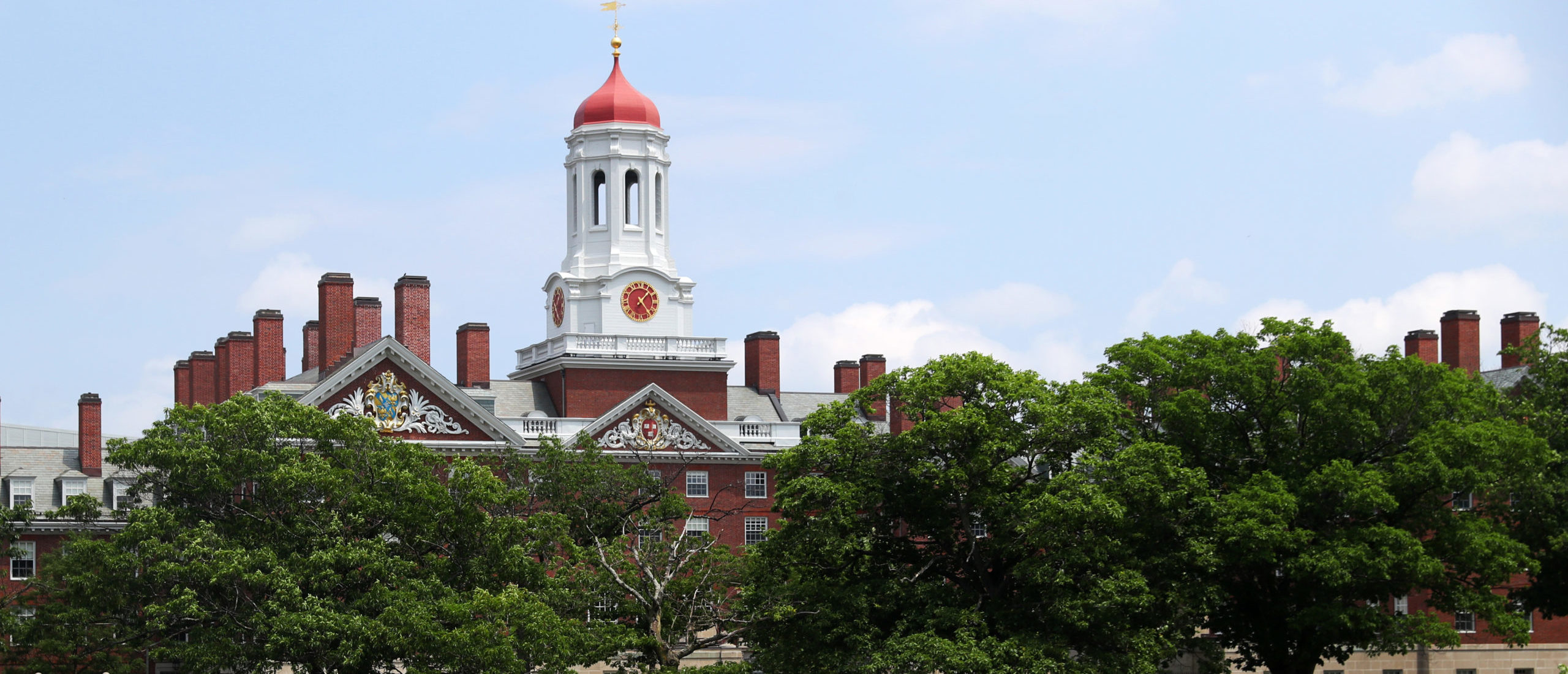Harvard University’s Schlesinger Library is changing up plans for an exhibit marking the 50th anniversary of the Roe v. Wade decision, opting instead for a “meditation on what does it mean that Roe has gone,” the Harvard Gazette reported Thursday.
The new exhibit, called “The Age of Roe: The Past, Present, and Future of Abortion in America” will open Oct. 24 and will chronicle the history of abortion in America from the pre-Roe era to today.
“Obviously, we had to adjust a bit to account for the fact that the age of Roe, as the exhibit says, is over,” said Mary Ziegler, a professor UC Davis School of Law and the exhibit’s curator. The U.S. Supreme Court overturned Roe and revoked the constitutional right to an abortion with its June decision in Dobbs v. Jackson Women’s Health Organization. (RELATED: Pastor Who Defied Covid Lockdowns Compares Abortion To Ancient Child Sacrifice Cult In Rebuke To Gov. Newsom)
“The exhibit hopefully will show people that that idea of inevitability is wrong, and that sense of powerlessness is misguided because historically, people, on either side of this issue, have managed to change things when things seemed unchangeable,” Ziegler said.

CAMBRIDGE, MASSACHUSETTS – JULY 08: A view of the campus of Harvard University on July 08, 2020 in Cambridge, Massachusetts. (Photo by Maddie Meyer/Getty Images)
The material shown at the exhibit will include documents from both the pro-abortion and anti-abortion movements, including videos of rallies, personal papers of anti-abortion activists and letters from women seeking abortions.
“I hope the conference will have attendees who are very certain in their positions on any side of the abortion ideology landscape, and people who are less certain and are looking for answers in a moment of flux,” said Jane Kamensky, who teaches history at Harvard. “I hope everybody can come away saying, ‘I hadn’t thought of this point that way.'”


